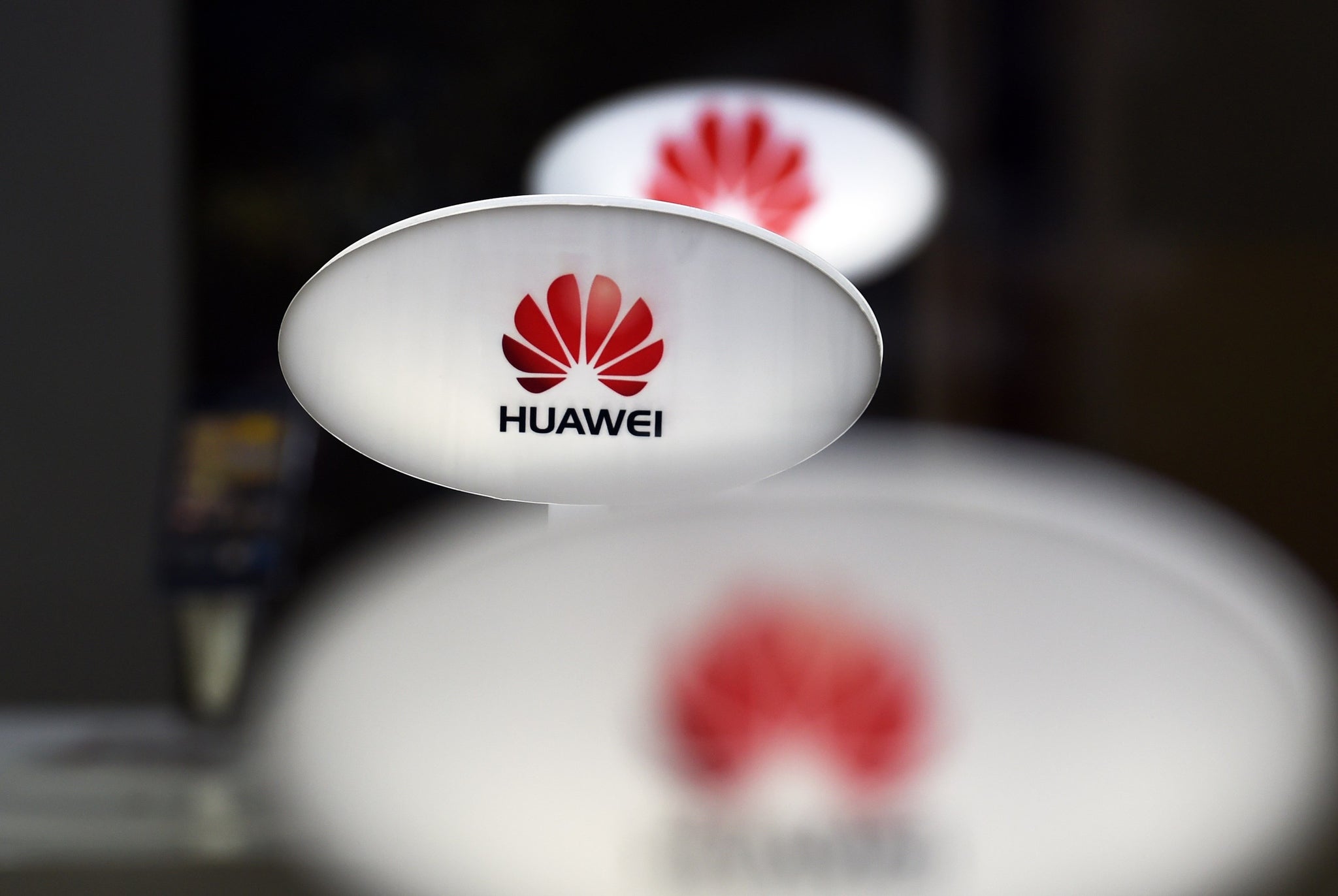New Zealand blocks Chinese tech firm Huawei from rolling out 5G over national security concerns
Latest in string of blows to tech giant, which has already come under scrutiny from US, UK, Canada and Japan

Your support helps us to tell the story
From reproductive rights to climate change to Big Tech, The Independent is on the ground when the story is developing. Whether it's investigating the financials of Elon Musk's pro-Trump PAC or producing our latest documentary, 'The A Word', which shines a light on the American women fighting for reproductive rights, we know how important it is to parse out the facts from the messaging.
At such a critical moment in US history, we need reporters on the ground. Your donation allows us to keep sending journalists to speak to both sides of the story.
The Independent is trusted by Americans across the entire political spectrum. And unlike many other quality news outlets, we choose not to lock Americans out of our reporting and analysis with paywalls. We believe quality journalism should be available to everyone, paid for by those who can afford it.
Your support makes all the difference.New Zealand has blocked a mobile company from using telecoms equipment made by Chinese firm Huawei over national security concerns.
Wellington’s international spy agency blocked a proposal for Spark to use the tech giant’s hardware in its planned 5G upgrade, saying it posed a “significant network security risk”.
It is the latest in a string of blows to the tech giant, which has already come under scrutiny by countries including the US, UK, Canada and Japan.
In August, Australia blocked the company from rolling out its 5G network due to security concerns.
New Zealand denied banning the company from the network roll-out because it was Chinese, saying the problem was a technological one.
Huawei sought an urgent meeting with the government after its bid was rejected, saying it had not been presented with any evidence of wrongdoing. The company rejected the notion that it threatened New Zealand businesses “in any way”.
Huawei has previously helped build mobile networks in New Zealand and in March, Spark and Huawei showcased a 5G test site across the street from the country’s parliament.
At a daily briefing in Beijing, foreign ministry spokesman Geng Shuang said China was “severely concerned” about the decision.
“The economic and trade cooperation between China and New Zealand is mutually beneficial in nature,” Mr Geng said. “We hope New Zealand will provide a level playing field for Chinese enterprises’ operation there and do something conducive for mutual trust and cooperation.”
China buys billions of dollars of New Zealand’s dairy exports each year, which are often used in making infant formula.
New Zealand’s previous conservative government had a close relationship with China. But over the past year under the liberal prime minister, Jacinda Ardern, relations have cooled slightly, with New Zealand drawing closer to Japan and putting resources into the Pacific, in part to counter China’s growing influence there.
China has been accused of imprisoning hundreds of thousands of Muslims without trial in its western region of Xinjiang – charges which have been supported by satellite imagery of the region analysed by the BBC.
Ms Arden is facing pressure to call on the Chinese government to close the alleged camps.
Huawei suffered a setback in the US market in 2012 when a congressional report said it was a security risk and warned phone companies not to buy its equipment.
The private Chinese company was started by a former People’s Liberation Army major in 1987.
Spark is one of three main mobile network operators in New Zealand. The companies compete for customers over their own network of mobile phone towers, using radio spectrum that is licensed from the government.
Spark said it was disappointed with the decision by New Zealand’s Government Communications Security Bureau. But the company said in a statement it was confident it can still launch its 5G network by July 2020.
Associated Press contributed to this report
Join our commenting forum
Join thought-provoking conversations, follow other Independent readers and see their replies
Comments